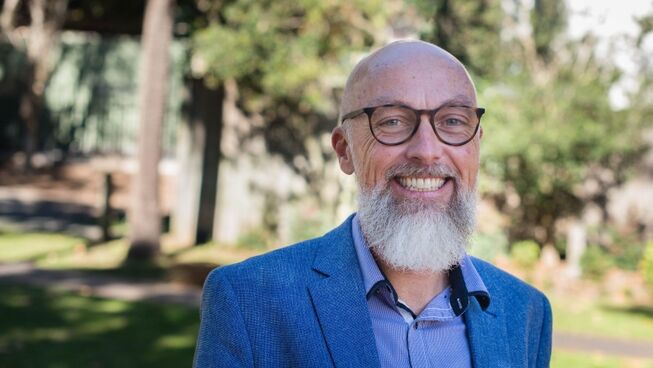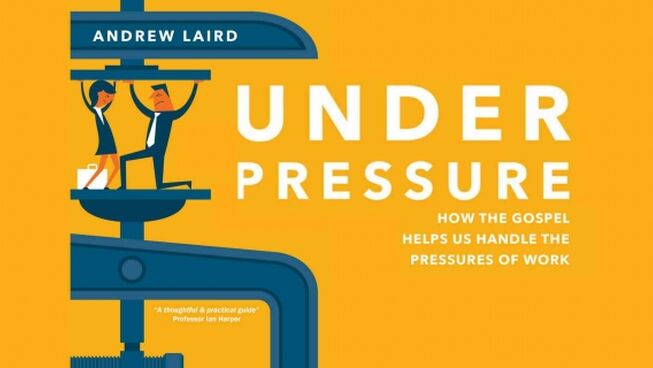Workism Part 3

New York pastor Tim Keller tells of the woman who turned up at his church to investigate Christianity because her boss decided to take the rap for a career-threatening financial mistake she had made.
When she asked him why he’d do that for her he assured her that he had enough kudos with the boardroom that he would be able to weather the storm. She, of course, pressed him with another “But why?”
He ‘fessed up. “Look, I’m a Christian and my identity is not tied to my role here at work.” She then asked him where he went to church and sure enough, she was there the next week to check out what convictions would be so strong to put a high-powered job on the line.
And it’s a great story. And I tell it around the traps to show that identity in God is more important than identity in work.
But that’s a happy ending. There’s a safety trigger in that story, namely the woman’s boss having a cushion to land on when he took the fall.
What about when there isn’t a cushion? What about when you crash through the floor because you refuse to let your identity be shaped by something such as your job?
So I met a bloke recently who, after eighteen years working for the one company in a role he loved, decided that he needed to be honest about a serious moral issue happening under his very nose.
He decided, as a follower of the One who claimed to be The Way, The Truth, and The Life, to tell the truth about it.
It cost him his job. His job of nearly two decades. Now, after a time out of work, he’s in short-term contract work, keeping his family afloat, but by no means out of the financial or career woods yet.
We’ve become pretty good at measuring risk, haven’t we? And the risk of losing our jobs over an issue like telling the truth ends up, inevitably, being measured against other indices such as the constant worry of always being two weeks away from defaulting on our mortgage.
I’m sure this bloke I met was trying to balance all of the variables. But in the end the one constant was that his identity as a Christian was as a truth teller. And it cost him. I wonder if I could do the same thing in his shoes. Could you?
Of course, the flip side of this identity risk is the freedom that comes from not having our identities tied to something so ephemeral as our job. Any job.
I still look at the photos of people streaming out of the Lehman Brothers investment bank that went belly-up in 2008.
There they are, cardboard boxes in tow, looking not a little shell-shocked. If too much of their identities were tied up in having the contents of that cardboard box spread out over an office or cubicle somewhere in Lehman’s downtown New York building, then they’re about to enter emotional Struggle Street.
Of course, this is not to say that if you were a Christian working at Lehman Brothers you would not be shell-shocked by it too. You would. But given what the New Testament says about the secure identity of the followers of Jesus, then the shock would not descend to anguish and despair, or anger and humiliation.
The letter of 1 Peter in the New Testament calls a bunch of slaves, lower-socio-economic groups and women:
“royal priests, a holy nation, a people who belong to God.”
They are re-identified in light of what Jesus thinks of them, not what their slave master, their cultural superiors, or their often-unbelieving husband think of them.
Their true identity is safe from the variances of life. They are not too proud when things go well (in work or life). They are not too devastated if things go poorly (in work or life). It’s as if they are impervious to outside attempts to shape their identities around another master than Jesus.
Which of course is the point. And to have your identity shaped ultimately around Jesus means that you can tell the truth at work when you need to. It means you can take the rap for someone if they need you to. It means you can praise someone who gets promoted. And it means you can work on a project without having to ensure you get credit for it.
In the end not finding your identity in your job liberates you to do your job better, because you’re not looking over your shoulder all of the time, or over the shoulder of someone else for that matter.
What would it look like in the world of workism, where our jobs are viewed as means of identity production, to realise that our identity is not produced by us, but has already been produced for us, by Jesus?





